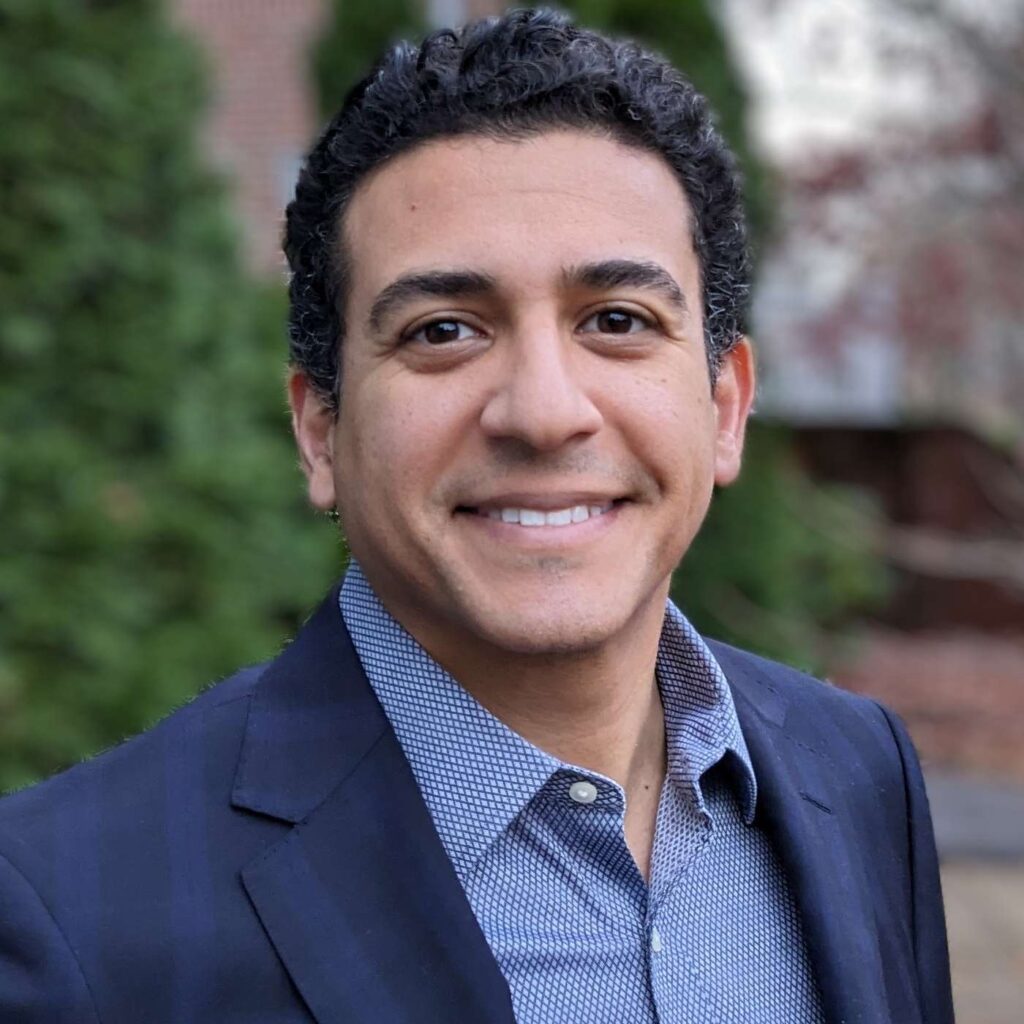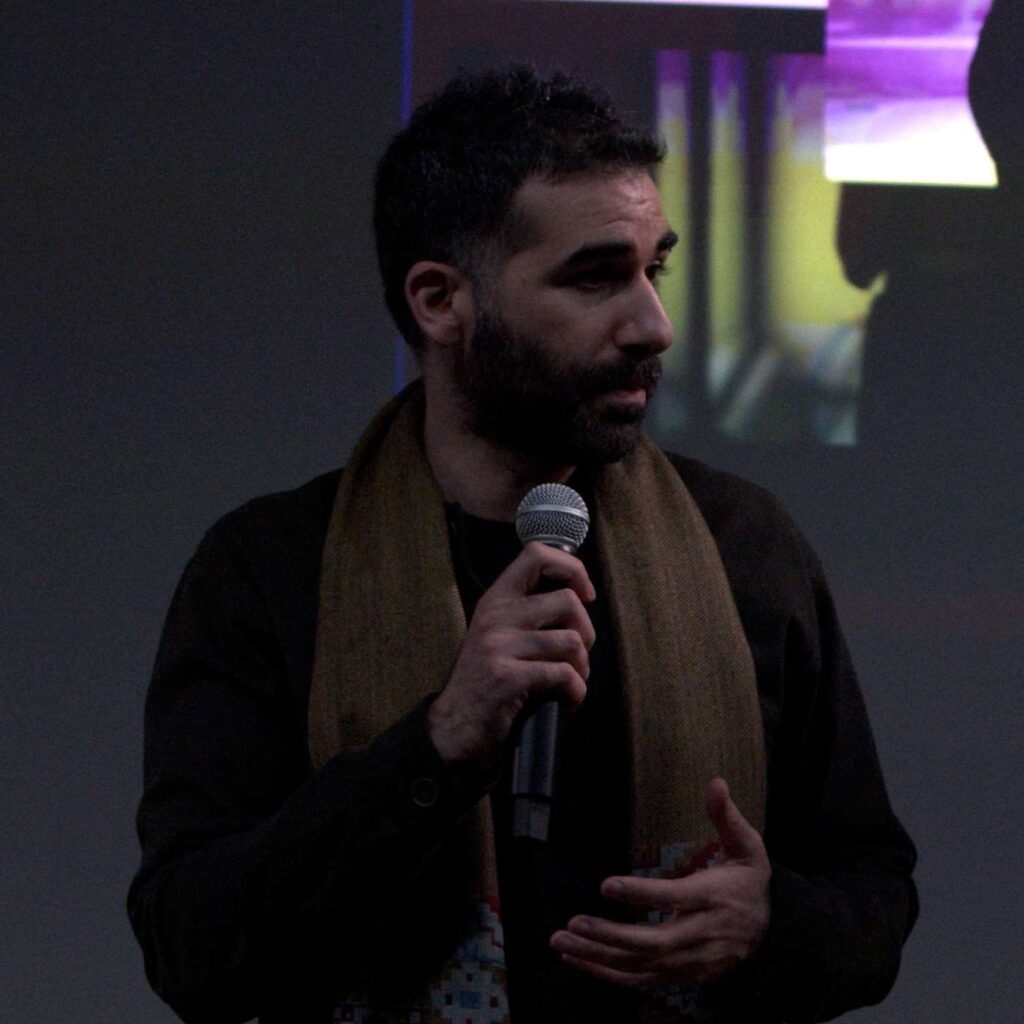Today on Speaking Out of Place I talk with Lindsay Weinberg and Robert Ovetz about the use of Artificial Intelligence in higher education. Under the guise of “personalizing” education and increasing efficiency, universities are increasingly sold on AI as a cure to their financial ills as public funds dry up and college applications drop. Rather than maintain that education is an essential public good that needs broad support, universities are looking to technology in ways that are changing the nature of education in dangerous and destructive ways. As Lindsay writes in the book, Smart University,
“Higher education is becoming increasingly synonymous with digital surveillance in the United States. Advanced network infrastructure, internet- connected devices and sensors, radio frequency identification (RFID), data analytics, and artificial intelligence (AI) are being celebrated as a means of ushering in the age of “smart universities,” one where institutions can run their services more efficiently and strengthen the quality of higher education using digital tools. However, as this book demonstrates, these tools have a darker side. They allow public universities to respond to and perpetuate corporate logics of austerity, use student data to reduce risk of financial investment in the face of dwindling public resources, and track student behavior to encourage compliance with institutional metrics of success. Surveillance of student behavior forms the foundation ofthe smart university, often in ways that prove harmful to students— particularly those who are already marginalized within the academy.”
We talk about these issues, and attach them to critical issues of labor—everything from the outsourcing of the most dangerous work to laborers in the Global South, to the way university workers at all levels are subordinated to the logic that drives AI. We end with a discussion of what we can and should do about it.
Dr. Lindsay Weinberg is a clinical associate professor in the Honors College at Purdue University, and the Director of the Tech Justice Lab. Her research and teaching are at the intersection of science and technology studies, media studies, and feminist studies, with an emphasis on the social and ethical impacts of digital technology. She is interested in the constitutive role that history and unequal power relations play in shaping the design, application, and reception of technological innovations.
Her work has appeared in Lateral, Westminster Papers in Communication and Culture, Impost: A Journal of Critical and Creative Work, the Journal of Artificial Intelligence Research, Catalyst: Feminism, Theory, Technoscience, and Frontiers: International Journal of Study Abroad. Her book, Smart University: Student Surveillance in the Digital Age (John Hopkins UP, 2024) examines the proliferation of digital tools for higher education governance, and their impacts on marginalized people within and beyond the university’s walls. She has been the recipient of internal and external grants to support research, seminars, and workshops concerning the justice-related implications of digital technology, including from the National Science Foundation, the Indiana Humanities, and the Susan Bulkeley Butler Center for Leadership Excellence.
Robert Ovetz, Ph.D. is a Senior Lecturer in Political Science and teaches non-profit management and labor relations in the Master of Public Administration program at San José State University. He is the author and editor of four books, including We the Elites (Pluto, 2022), and the forthcoming Rebels for the System: NGOs and Capitalism to be published in 2025 by Haymarket Press. Robert writes regularly for Dollars & Sense magazine.











